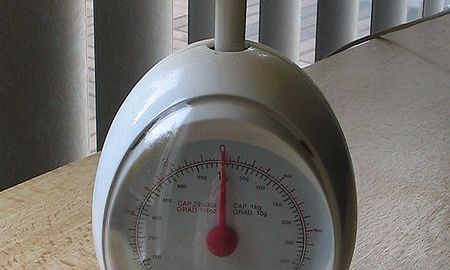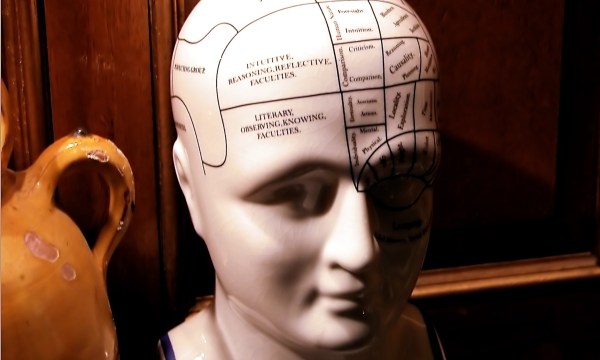When Imprecision Is Good

What’s the Latest Development?
In a new study out of Stanford University, scientists asked if knowing detailed information about one’s progress toward a goal would make people more or less likely to eventually achieve the goal. To do this, they gave 39 people information about an invented health metric. Half the people received a precise number, the other have received a range of numbers. The scientists found that those with vague information about their health were less likely to be discouraged in their pursuit of a healthier lifestyle because they could imagine themselves closer to their goal.
What’s the Big Idea?
Contrary to today’s gadgets that are capable of measuring every body metric with precision—weight, height, body mass, number of steps taken in a day, how many calories you ate, etc.—it may be a mistake for you to obsess over those number. It is better, scientists say, to maintain a little bit of ignorance so as not to discourage yourself. “Our research suggests that, at times, vagueness has its merits. Not knowing precisely how they are progressing lets people generate positive expectancies that allow them to perform better.”





